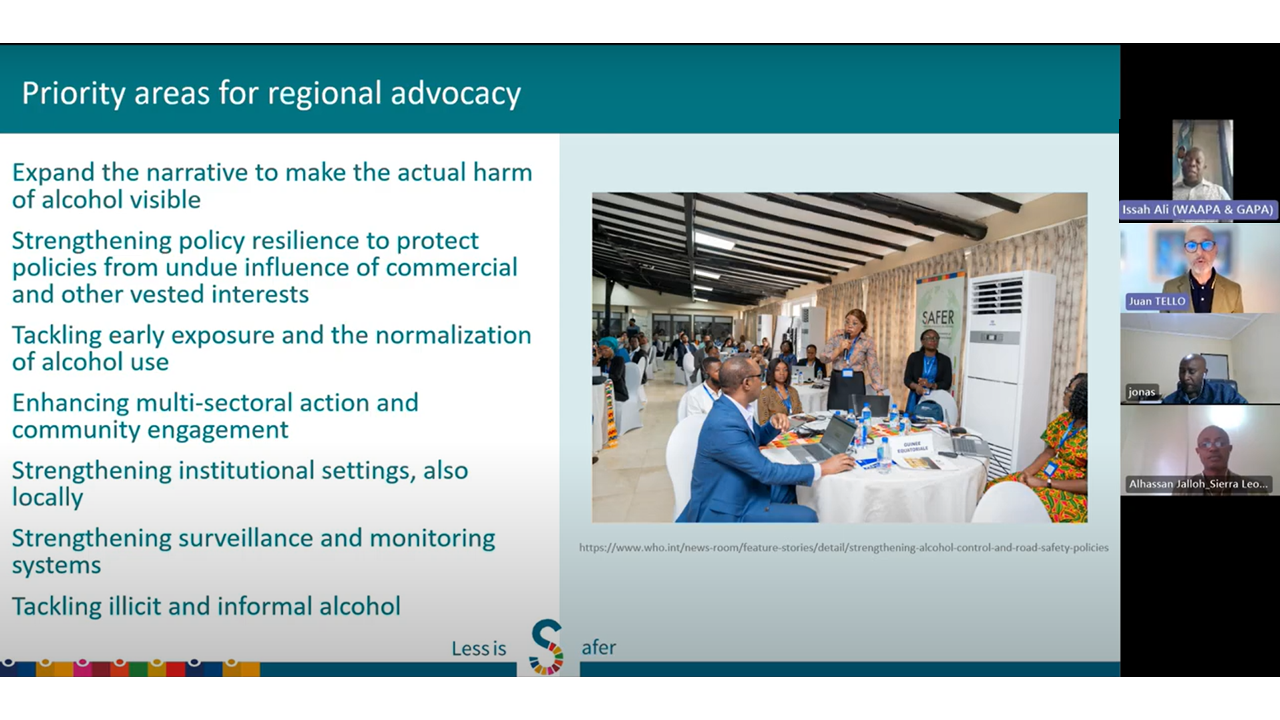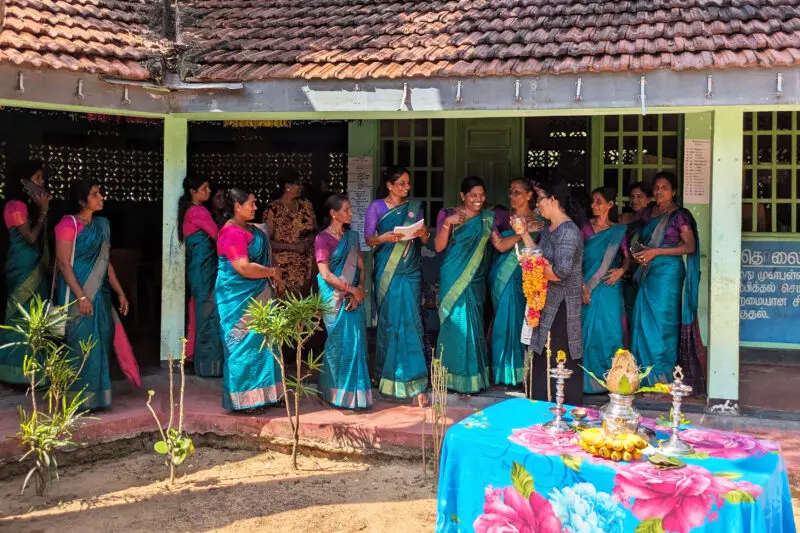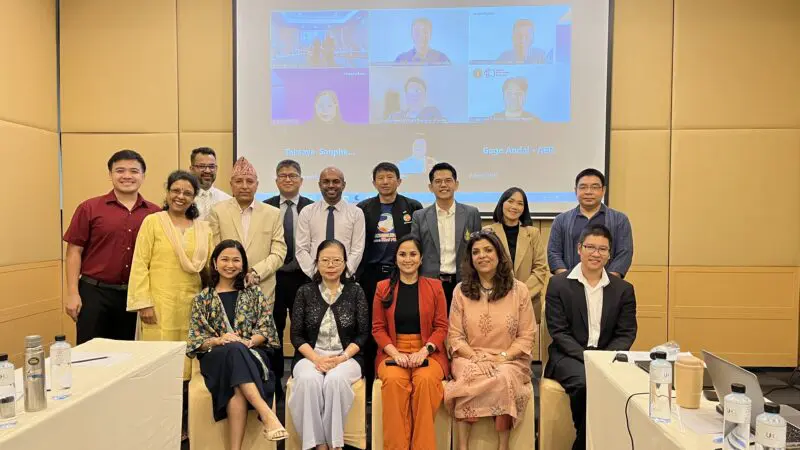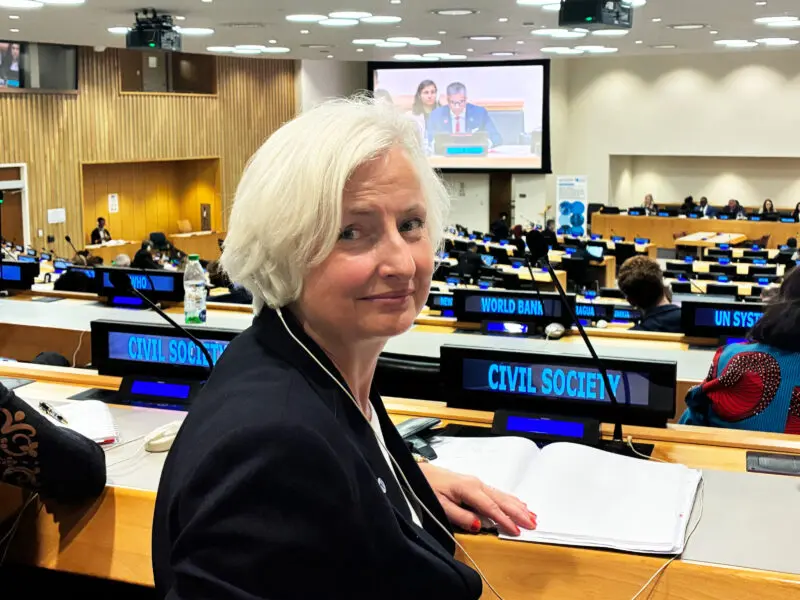The Alcohol, Drugs, and Development Community of Practice (ADD COP) webinar, titled «Lessons from the successes of alcohol policy advocacy in Southern and West Africa,» was held on 27 August 2025. The webinar was jointly organized by FORUT, the West African Alcohol Policy Alliance (WAAPA), and the Southern African Alcohol Policy Alliance (SAAPA).
Value of civil society action
In his opening remarks, Mr Issah Ali, who is the Vice Chair of the Global Alcohol Policy Alliance, the Head of the Secretariat of the West African Alcohol Policy Alliance, and the Chair of the ADD COP, shared the value of national alcohol policy alliances in alcohol policy advocacy and expressed his enthusiasm for the growing movement towards preventing alcohol harms.
Mr. Jonas Ngulube, the Country Liaison Officer of SAAPA-Zambia, presented an overview of the development, content, implementation, challenges, and lessons learned from the national alcohol policy advocacy in Zambia and Malawi. He highlighted the roles of civil society, government ministries, and international partners, including FORUT.
Mr. Alhassan Jalloh, the former National Coordinator of the Sierra Leone National Alcohol Policy Alliance and the Head of Programmes at the Foundation for Rural and Urban Transformation (FoRUT) in Sierra Leone, shared the similarities and differences in alcohol policy development and implementation between Sierra Leone, Liberia, and Ghana. He emphasized the roles of civil society alliances, collaboration with government, and technical and financial support. He also noted the challenges of industry interference and funding gaps.
Role of international partners and regional organizations
During the Q&A, Mr Ngulube and Mr Jalloh provided recommendations for partners like FORUT and acknowledged its critical support for alcohol policy advocacy in Southern and West Africa. They recommended increased technical assistance, facilitation of cross-country learning, and documentation of best practices to further strengthen national alliances.
Mr. Issah Ali and Mr. Alhassan Jalloh highlighted the involvement of the West African Health Organization in policy development, particularly through technical and financial contributions, as well as ongoing efforts to strengthen collaboration for future alcohol control initiatives.
Sustaining advocacy amid political change
In response to questions from participants, they shared strategies for sustaining advocacy amid political transitions, including engaging with opposition parties, leveraging election periods, and ensuring that civil society remains apolitical and credible as a provider of technical assistance.
Balancing civil society roles
In response to a question about how civil society organizations balance their roles as advocates, watchdogs, and government partners, Mr Jalloh and Mr Ngulube highlighted the importance of technical expertise, integrity, and a focus on public health.
Opportunities for Engagement
In his closing remarks, Dr Juan Tello of the WHO Less Alcohol Unit provided a brief overview of the global and regional frameworks for alcohol policy, emphasizing the importance of multisectoral coordination, capacity building, and advocacy, and highlighted upcoming opportunities for continued engagement.
Way Forward
Key recommendations:
- Documentation of best practices to strengthen national alliances and facilitate cross-country learning
- Technical and capacity support for national alcohol policy alliances
- Strengthening collaboration with the Africa CDC and continued engagement with the West African Health Organization
- Utilize opportunities for continued engagement and advocacy in global and regional platforms






